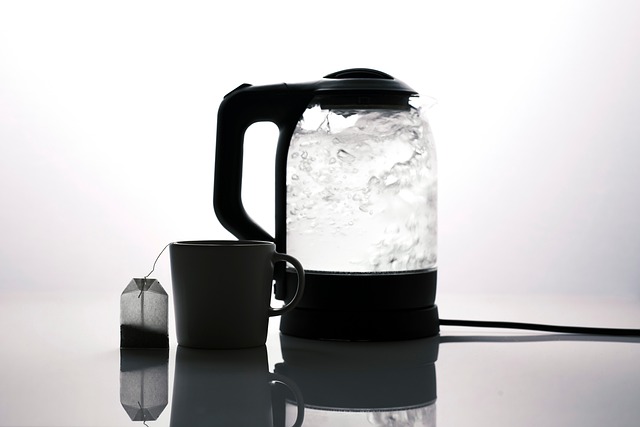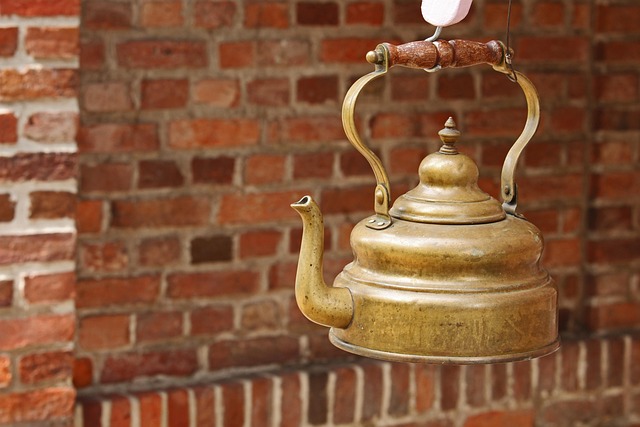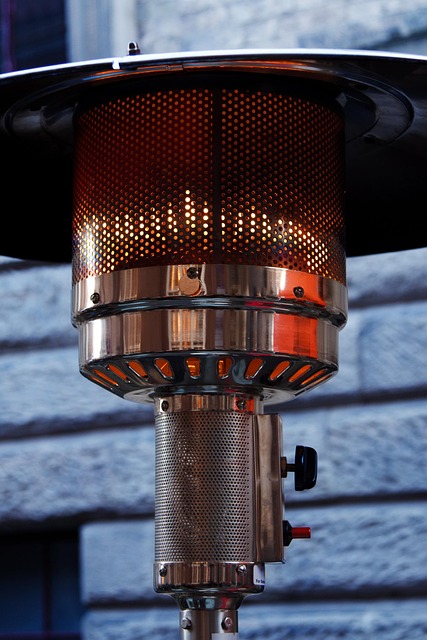Regular water heater maintenance, including checking for sediment buildup, inspecting connections for corrosion or leaks, replacing worn parts, and setting optimal temperatures (120°F-140°F), is vital to ensure efficient, safe operation, extend lifespan, and prevent costly repairs or replacements. Annual inspections, flushing, and insulation in colder regions are key practices to maintain energy efficiency and smooth operation.
Water heaters are essential appliances, but they can encounter various issues over time. From sediment buildup to leaks, common problems can lead to costly repairs or even replacements. Understanding the basics of water heater maintenance is crucial for preventing these headaches. This article delves into the root causes of typical water heater dilemmas and offers valuable tips for regular care, ensuring your heater operates smoothly and efficiently while avoiding major issues through proactive measures.
- Understanding Water Heater Maintenance: The Basics
- Common Problems and Their Causes: Sediment Buildup to Leaks
- Preventative Measures: Tips for Regular Care and Avoiding Major Repairs
Understanding Water Heater Maintenance: The Basics

Water heater maintenance is an essential aspect of ensuring your water heating system operates efficiently and safely. Regular upkeep can prevent costly repairs or even replacements. The basics involve several key steps that every homeowner should be aware of. First, check for sediment buildup inside the tank. Over time, minerals and other particles can accumulate, reducing the heater’s efficiency and potentially causing damage. Regular draining and cleaning are necessary to remove this buildup.
Second, inspect connections and hoses for any signs of corrosion or leaks. Corroded components can lead to not only water loss but also potential safety hazards. Replacing worn-out parts, such as anode rods and temperature pressure relief (TPR) valves, is crucial. Lastly, consider setting your water heater at an optimal temperature—typically between 120°F and 140°F—to save energy without compromising on hot water availability. Regular maintenance, including these simple checks, can significantly extend the lifespan of your water heater.
Common Problems and Their Causes: Sediment Buildup to Leaks

Water heaters are essential appliances in many homes, but they can face various issues over time. Understanding common problems and their causes is crucial for effective water heater maintenance. One of the most prevalent issues is sediment buildup, which occurs when minerals and metal particles accumulate at the bottom of the tank. This buildup can lead to reduced water heating efficiency and even cause the heater to malfunction. Over time, sediment can block the tank’s vents, hindering proper air circulation and exacerbating the problem.
Leaks are another frequent concern, often resulting from corroded or damaged components within the water heater. The heat exchanger, for instance, can suffer corrosion due to mineral deposits and constant exposure to hot water, leading to leaks and potential water damage. Regular maintenance, including flushing the tank to remove sediment and inspecting for signs of corrosion or damage, is vital to prevent these issues. Proper water heater maintenance not only extends the appliance’s lifespan but also ensures safe and efficient operation.
Preventative Measures: Tips for Regular Care and Avoiding Major Repairs

Regular water heater maintenance is key to preventing common issues and extending the life of your unit. Start by setting a schedule for annual inspections, as this allows professionals to identify potential problems early on. During these checks, they can flush out sediment buildup, which can cause heating elements to malfunction and reduce water pressure. Additionally, keeping an eye on your water heater’s temperature settings is vital; maintaining optimal temperatures reduces the risk of leaks and ensures energy efficiency.
Other preventative measures include insulating your water heater, especially in colder climates, to minimize heat loss. Regularly checking for any signs of damage or corrosion is also essential, as prompt action can stop minor issues from turning into costly repairs. Remember, consistent care and attention will help keep your water heater running smoothly and efficiently.
Water heater maintenance is crucial for ensuring efficient heating and preventing costly repairs. By understanding common issues like sediment buildup and leaks, along with implementing preventative measures, you can significantly extend the lifespan of your water heater. Regular care, including flushing and insulation, is key to avoiding major problems. Embrace these practices as part of your Water Heater Maintenance routine to keep your home’s hot water flowing smoothly.
